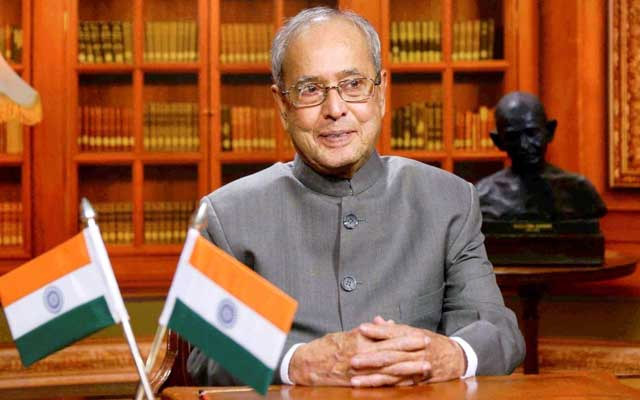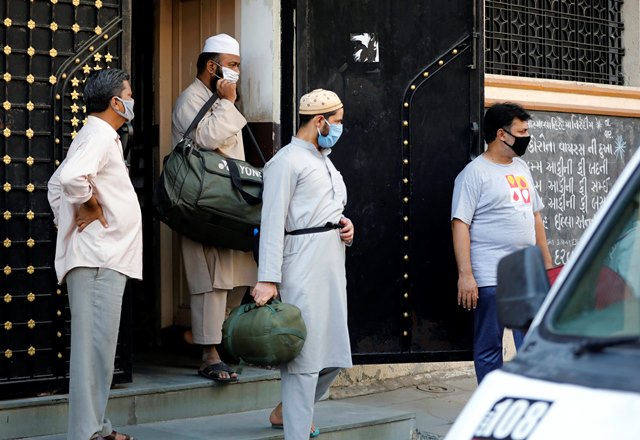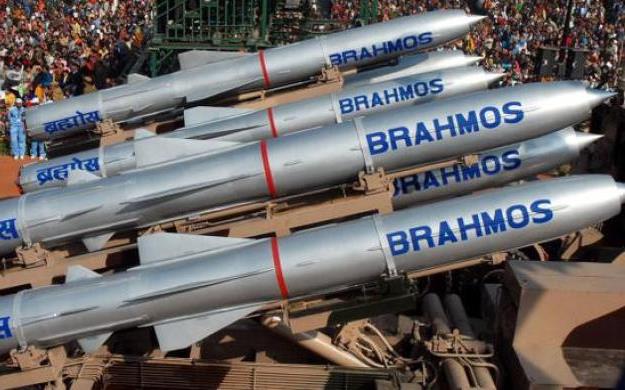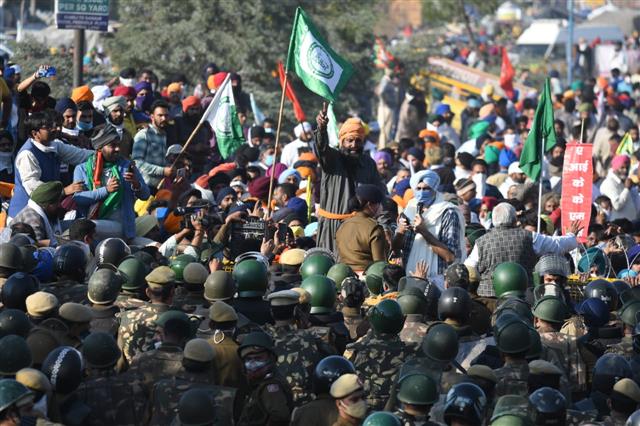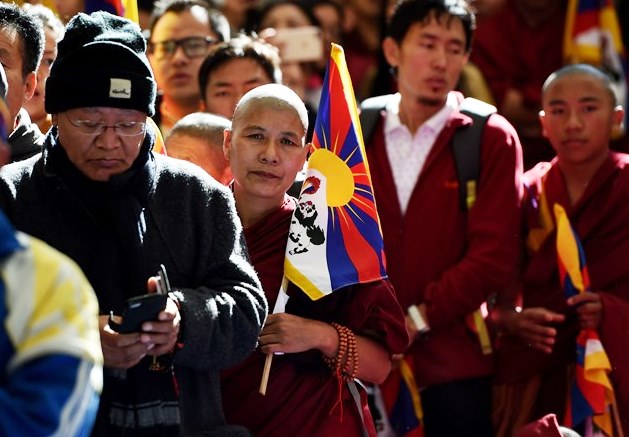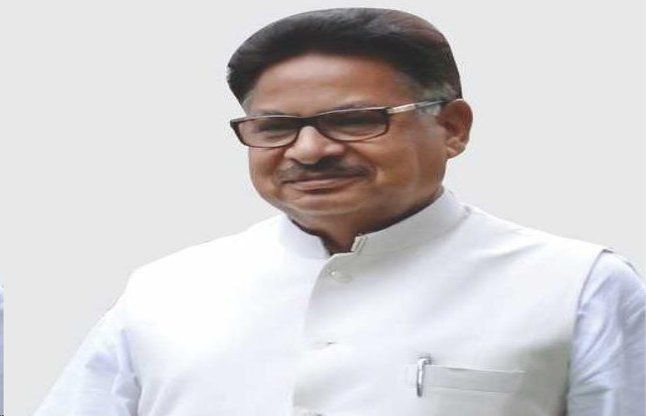By Priyanka Sharma
The Health Ministry said on Tuesday that guidelines for estimation of cold chain equipment have been issued to all states and they have received at least 240 walk-in coolers, 70 walk-in freezers, 45,000 ice-lined refrigerators, 41,000 deep freezers and 300 solar refrigerators for COVID-19 vaccination.
Speaking about preparations for COVID-19 vaccine, Union Health Secretary Rajesh Bhushan, said that guidelines for estimation of electrical and non-electrical cold chain equipment and its strengthening have been issued to all states and union territories.
He said all states have already received 29,000 cold chain points and cold chain equipment which includes “240 walk-in coolers, 70 walk-in freezers, 45,000 ice-lined refrigerators, 41,000 deep freezers and 300 solar refrigerators”.
The guidelines for the management of cold chain at last points and session sites have also been issued.
The Centre has constituted a multi-level governance mechanism which will aid the COVID-19 vaccination programme.
Bhushan said at least 36 states and UTs have concluded meetings of the state steering committee as well as state task forces. About 633 districts have concluded meetings of the district task force.
He said about 23 ministries/departments in the state and central governments have been identified and assigned roles (planning, implementation, social mobilization, awareness generation) for the vaccine-roll out.
Bhushan said the Health Ministry has also finalised the training modules for medical officers, vaccinator officers, alternative vaccinator officers, cold chain handlers, supervisors, data managers, ASHA coordinators and added that physical as well as online training has started in all states and union territories.
He said that detailed instructions have been issued on infection prevention and control practices during vaccination.
The Health Secretary said that instructions have been issued to states for management of minor, severe or serious Adverse Events Following Immunization (AEFI).
“States have to identify at least one AEFI Management Centre in each block – primary health centres, community health centres, districts hospitals, private health facilities or any other fixed health facility with medical officers and para-medical staff as AEFI Management Centres,” he said, adding that every session sites would be linked to a designated AEFI Management Centres.
AEFI reporting will be done through Co-WIN, a digital platform for real-time monitoring of COVID-19 vaccine. It will enable people to get themselves registered for vaccination. (ANI)

